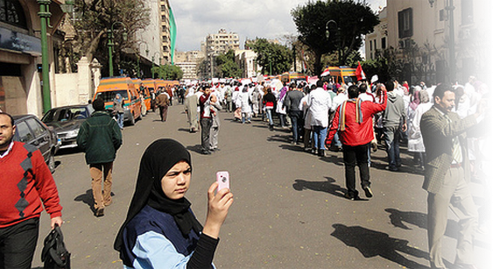Law enforcement agencies face challenges in balancing freedom of expression with maintaining public order. They must manage safety issues, manage elections, natural disasters, and health emergencies while promoting respect for freedom of expression and peaceful assembly. Political, social, and economic factors contribute to these difficult situations. Journalists' freedoms are increasingly threatened, with 1,088 journalists killed in the past 12 years. In 2022, 45 media professionals were killed, prompting governments and law enforcement agencies to address public order issues, work with journalists, and communicate effectively with the public.
"Through the seven modules in this toolkit, officers and trainers can better appreciate how to equitably balance their public safety and order duties while enabling freedom of expression, and its associated freedoms, through better communications, provision of information, supporting the legal process, and enabling journalists to work safely."

